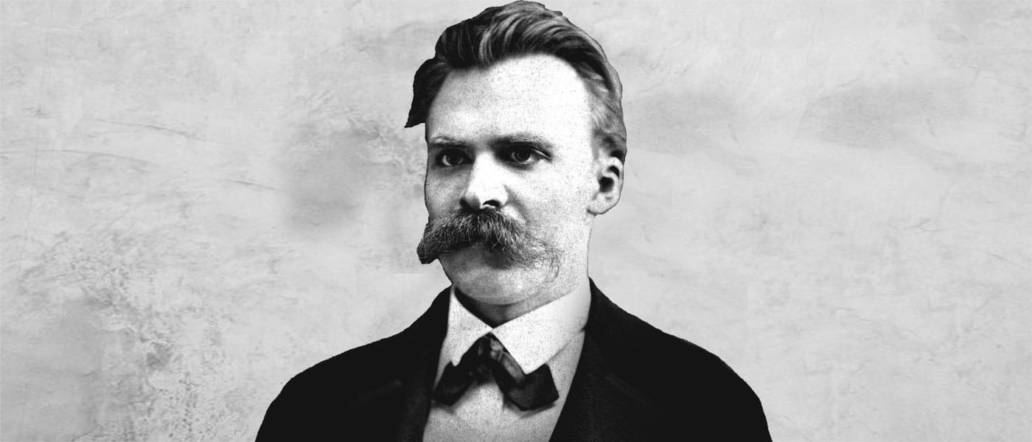Friedrich Nietzsche
Your true educators and molders disclose the true original meaning and the basic material of your being, which is something quite incapable of being educated or moulded, and to which access is, in any case, difficult since it is fettered and chained as it is. Your educators can be nothing more than your liberators.
And that is the secret of all education: it does not provide artificial limbs, false noses or eye-glasses – on the contrary, what could provide these is merely pseudo-education. Education is rather a liberation, a rooting out of all weeds, rubbish and vermin from around the buds of the plants, radiation of light and warmth, a loving, whispering fall of night rain.
One maxim demands that the educator recognize the real strengths of his pupils at the outset and then direct all his skill, all the nourishment and sunshine, to the goal of helping that one excellence to attain real maturity and fruitfulness. On the other hand, the other maxim says that the educator should cultivate all existing abilities, tend them and establish a harmonious relationship between them.
The surest way to corrupt a youth is to instruct him to hold in higher esteem those who think alike than those who think differently.
Against that positivism which stops before phenomena, saying “there are only facts,” I should say: no, it is precisely facts that do not exist, only interpretations.
The error of false causality. People have believed at all times that they knew what a cause is; but whence did we take our knowledge – or more precisely, our faith that we had such knowledge? From the realm of the famous “inner facts”, of which not a single one has so far proved to be factual.
“All truth is simple.” Is that not doubly a lie? Convictions are more dangerous enemies of truth than lies.
I mistrust all systematizers and I avoid them. The will to a system is a lack of integrity. I want, once and for all, not to know many things. Wisdom sets limits to knowledge too.
One day, when in the opinion of the world one has long been educated, one discovers oneself: that is where the task of the thinker begins; now the time has come to invoke his aid-not as an educator but as one who has educated himself and thus has experience.
Theory of Learning
The three tasks for which educators are required: one must learn to see, one must learn to think, one must learn to speak and write: the goal in all three is a noble culture.
Learning to think: Logic as a theory, as a practice, as a craft, is beginning to die out. One need only read German books: there is no longer the remotest recollection that thinking requires a technique, a teaching curriculum, a will to mastery.
Excerpted from ‘Schopenhauer as Educator’ and ‘The Portable Nietzsche’. The 175th birth anniversary of Nietzsche will be observed on October 15







